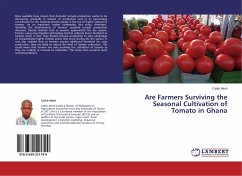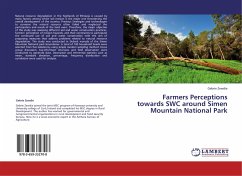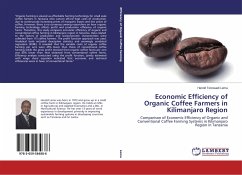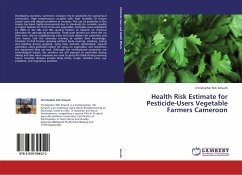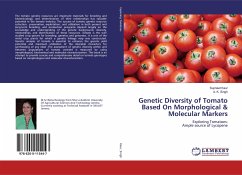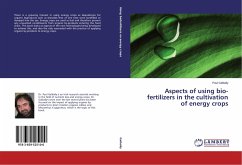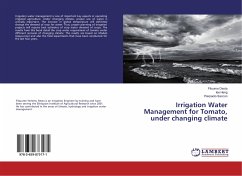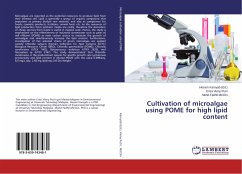Data available have shown that domestic tomato production seems to be decreasing gradually in volume of production and in its percentage contribution to the national tomato supply in the era of higher imports of tomato. As an important traded commodity, this study, therefore, identifies the determinants of farmers' seasonal tomato production decisions. Results indicate that as seasons approached the dry season, farmers using any irrigation technology tend to cultivate lower farmland to tomato when in fact, they should increase production to take advantage of comparatively higher tomato prices that occur during the dry season. It was also realized that as farmers acquire additional farmland for crop production, they are likely to reduce the level of tomato cultivation. This could mean that farmers are only surviving the cultivation of tomato as they are unlikely to increase its cultivation. The study then presents some recommendations.
Bitte wählen Sie Ihr Anliegen aus.
Rechnungen
Retourenschein anfordern
Bestellstatus
Storno

